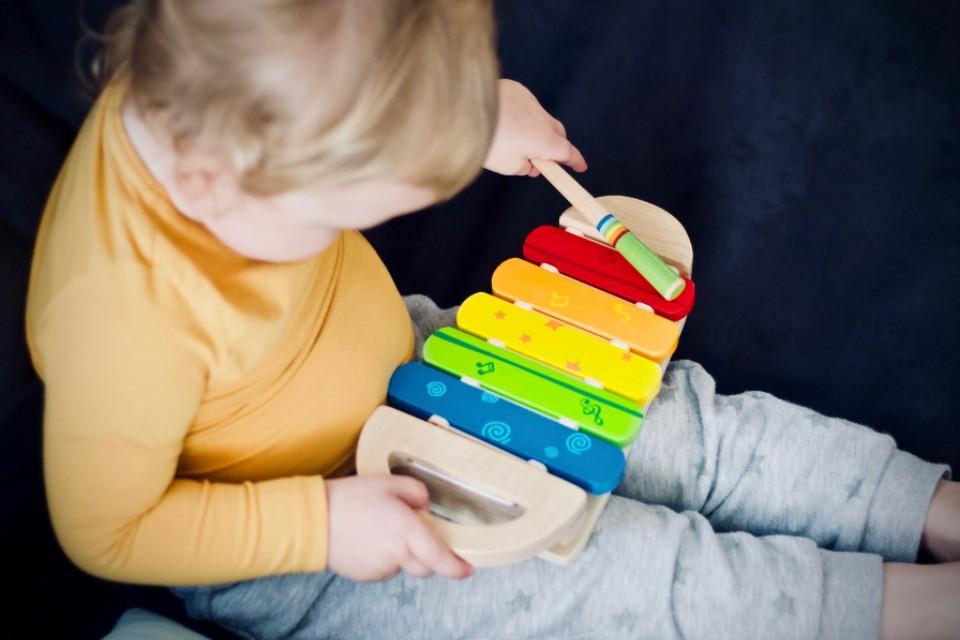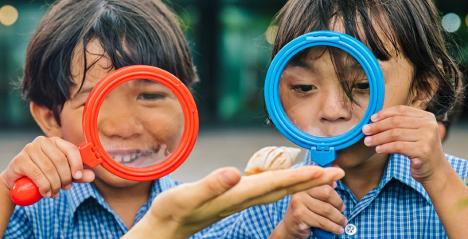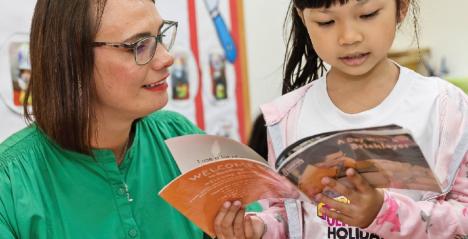Of the many skills that parents wish for their children to imbibe at an early age, most would cite speaking skills, writing skills, social skills, and scientific or mathematical thinking among their top priorities. But there are significant advantages to letting a child learn about the arts and encouraging them to develop their budding creative skills in artistic disciplines like music.
Studies in the fields of psychology and education have linked the development of musical intelligence to better skills in logic, mathematical reasoning, linguistics, and both interpersonal and intrapersonal intelligence, among others. By studying how to sing or play an instrument, create music with other kids, and appreciate music from different genres and cultures, young children can end up building a solid foundation for the other subjects that they’ll learn in school. They’ll also find healthy outlets for their natural playfulness and curiosity, contributing to a happy and memorable childhood.
Why else should parents make it a point to include music education as part of their children’s early development? Here’s what preschool Clementi students in Singapore can learn about the joys of music and how their music education will benefit them in their early childhood years, as well as later on in their lives.
It Encourages Children to Express Themselves Freely
At its core, music is about expression; that is, after all, why it is often referred to as the language of the soul. Children can learn a lot about how they’d prefer to express themselves, and what they want to share with the world, by harnessing music for themselves. Even at a young age, they can comprehend how music relates to human emotion and other complex ideas like selfhood, community, and culture.
By giving your child the opportunity to learn about and to express themselves through music, you afford them the joy of interacting with the world around them in brand-new ways. Encourage them to develop their musical side by enrolling them in music classes or sending them to a school that’s known for its music and arts curriculum.
It Bolsters Children’s Reading Skills, Mnemonic Skills, and Analytical Skills
Music is also a discipline, and as such, it can serve as the basis for a lot of lessons young children will learn in their other subjects. For example, learning how to read sheet music or to follow along to simple chords on an instrument like the ukulele can strengthen a child’s reading comprehension skills. Memorising notes or lyrics from their favourite songs can boost memory retention, while learning basic musical concepts like rhythm, melody, and harmony can teach them to analyse why a certain piece of music “works” or resonates with them.
This musical intelligence will likely serve your child later in life, when they begin to recognise the patterns demonstrated in music in what they learn about language, maths, science, and other artistic disciplines. It doesn’t hurt that music is also fun for young children, which opens them up to learning about these things more easily.
It Helps Children Develop Attentiveness and Focus
Young children can also learn how to be attentive and how to be present in the moment when they’re being taught how to sing a song, play a piece of music, or give their own interpretation of a musical work or concept. A core component of music education is learning how to listen. Music will compel your child to pause, give something their utmost concentration, and put their efforts into understanding it in the ways they know how.
Parents are often worried about how fast and impermanent life seems in the age of technology. If you’d like for your child to learn how to take things slow and to focus on the beautiful things happening around them, one of the best gifts you can give them is music education in their early childhood years.
It Allows Children to Enjoy a Holistic Education
Lastly, having the opportunity to learn about music at an early age will allow your child to enjoy more of their learning journey. As a result, they’re more likely to grow up well-rounded and more adventurous about what they wish to pursue beyond academic excellence.
A holistic education that includes music and the arts can be a happy and healthy experience for a young child. Set a good precedent for their future student life when you enrol them in music classes or a school with a strong music programme.
Your child does not need to grow up to be a virtuoso for their music education to be put to good use. As the above-mentioned benefits demonstrate, their enduring love for music may affect other aspects of their lives in positive ways.
Music is a universal language that everyone can enjoy and benefit from, and much joy can be derived from learning about music at an early age. Help your child learn about expression, discipline, imagination, and being attuned to the world around them by sparking an early love and appreciation of music.













